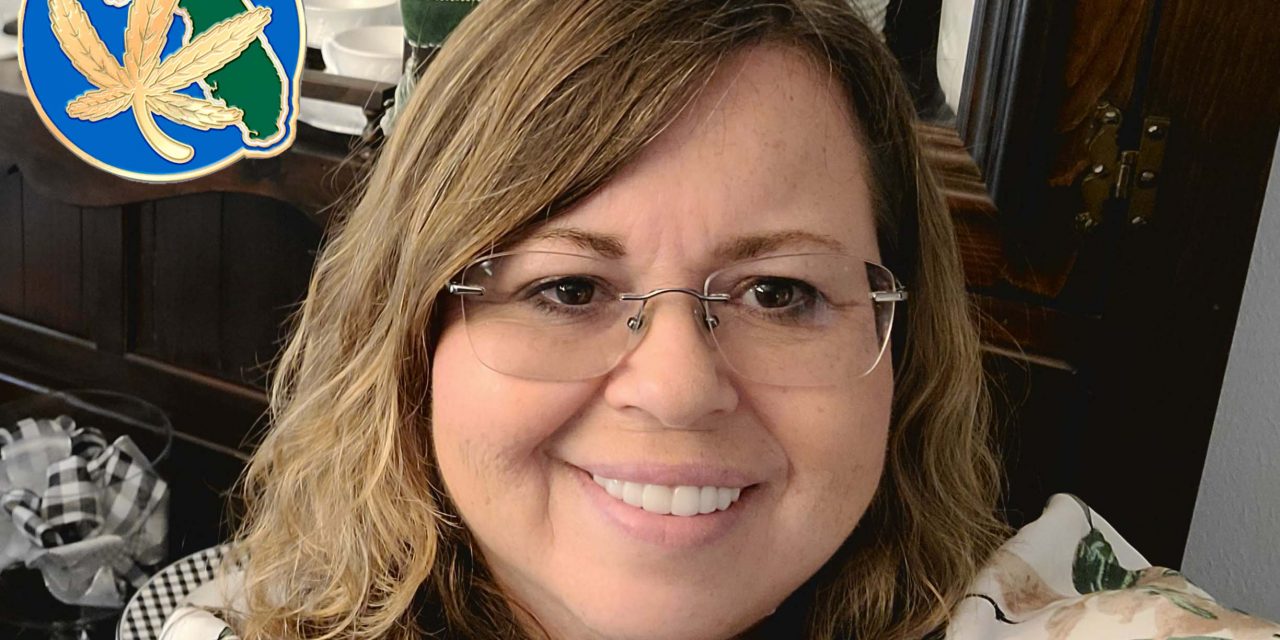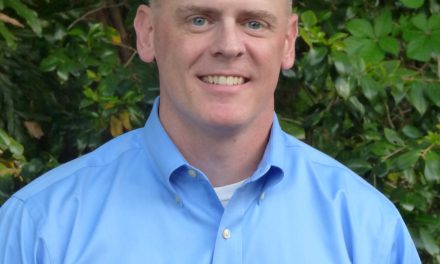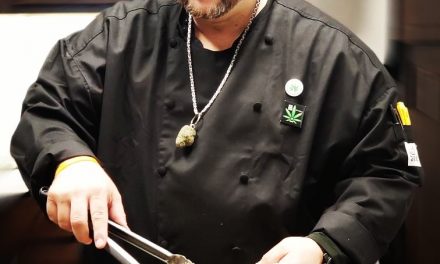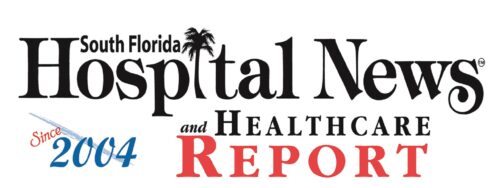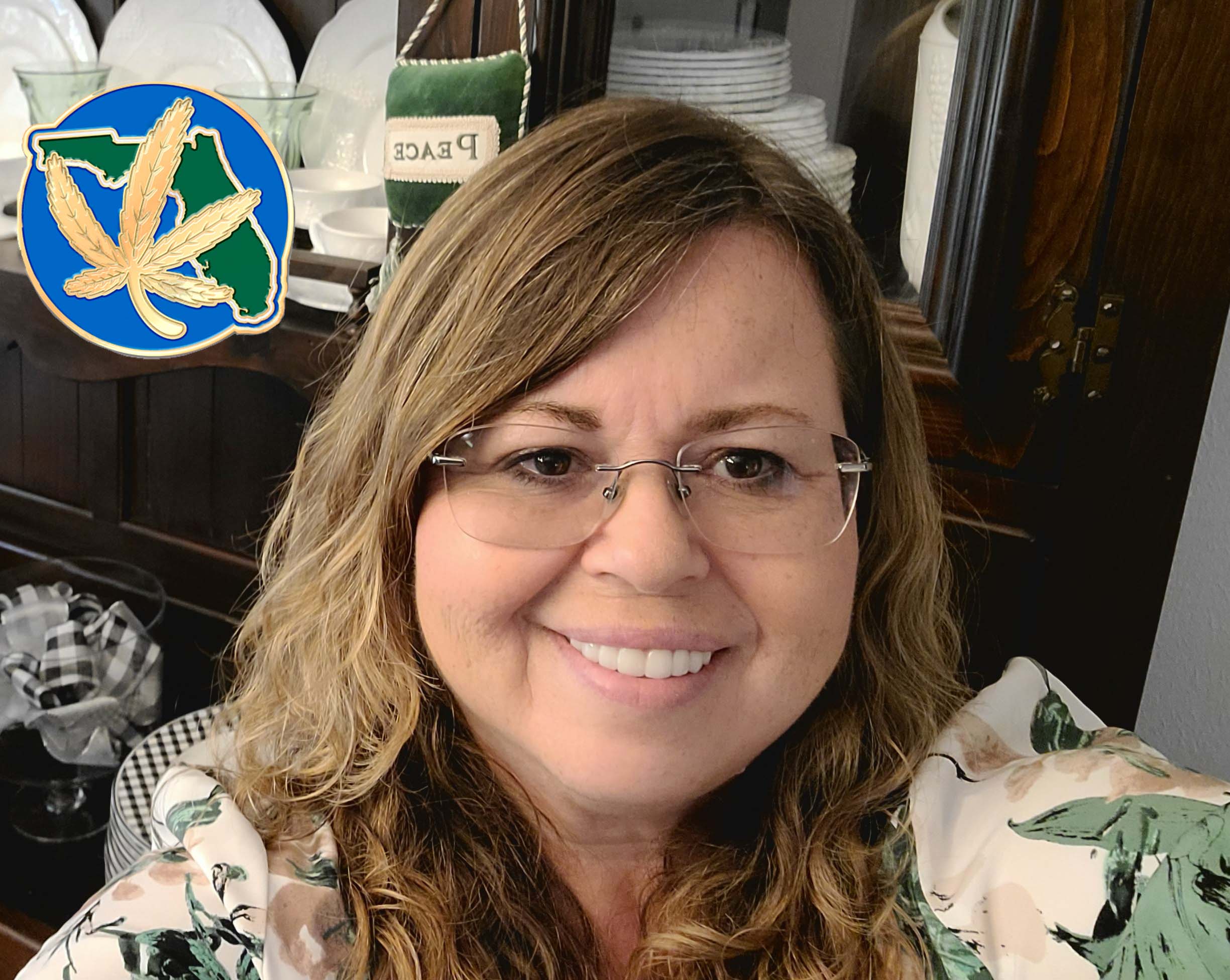
By Jodi James
The room in the Knott Building at the Capitol seemed empty, thanks to COVID restrictions and social distancing, when the Representative from Lee County, Spencer Roach, took the dais. For the next twenty minutes, he would explain HB 1455, a proposal that is “taking a wrecking ball to the state medical marijuana program,” according to Democratic Representative Carlos G. Smith of Orlando.
In the days between the bill being introduced and it being heard, over 50,000 people took action to oppose the CAPS.
The CAPS Bill, HB 1455, and its companion in the Senate, SB 1958, would limit the potency of THC to 10% in flower and 60% in concentrates, if it becomes law. The bill CAPS the total amount of THC a patient can receive every 35 days. It CAPS free enterprise by making the Department of Health pre-approve advertising for doctors and limiting who can invest in Cannabis businesses.
As Representative Roach explained his bill to lawmakers on the Professions and Public Health Committee, advocates in the audience, doctors, patients, and lobbyists alike, were astounded by what they heard. The Representative quoted studies saying pain patients respond better to THC levels under 10%. The studies report THC higher than 10% increases pain responses. The Representative concluded that patients using high THC were really drug seekers and the doctors who certify patients for high THC just want to get rich. He would repeat twice that patients using high THC were more likely to use opiates, more likely to be addicted/abuse opiates, and more likely to suffer from depression as a result of Cannabis use.
The bill is bad, but the debate in committee between lawmakers is creating fear and loathing among Florida medical marijuana patients and the industry. Patients fear medicine that works will be taken away from them. Representative Roach agrees no one has died due to Cannabis use. The lawmaker cannot point to any adverse effects from high THC products among Florida patients; yet, the bill continues to move through committees.
The Cannabis Community is well-represented in the discussion despite the COVID precautions. Eric Stevens of Florida for Care brought together Dr. Sasha Noe of St. Pete, Dr. Michelle Beasley of Pensacola, and Dr. Barry Gordan of Venice to testify to the success of the program and the need to expand access, not put in limits. John Goodson from Buds for Vets, Robert Roundtree of Sunshine Cannabis, Sean Hardwick of Mr. Cannabis Law, and Josephine Cannella-Krehl of MMJ Knowledge joined me in countering the Representative’s most outrageous statements. Speakers were given thirty seconds at a time to speak. Fortunately, we know the system, so we were able to make the most of our testimony, thirty seconds at a time. Despite our best efforts, the bill passed along party lines.
For the second hearing, more patients lined up to tell their story polished to 30-seconds sound bites. Jamie Renee Cruz of Naples, Crystal Silins of Pensacola, Lauren Drake of Santa Rosa County., Breanda Faye Taylor, Ron Watson, and Andrea Anderson of Tallahassee, joined Melissa Villar of NORML, Sean Harwick, Josephine Cannella-Krehl, and me in the committee room.
Florida CAN recognizes that advocates change minds and legislators change laws, this is my tenth consecutive legislative season in Tallahassee. Since 2011, the Florida Cannabis Action Network has spent the lion share of our annual budget in Tallahassee bearing witness to the process, teaching advocates the ropes, meeting with lawmakers, and speaking publicly about bills as they move through the committee process. Despite Florida being “open for business,” this session the Capitol is essentially closed.
The legislative season is made up of a 60-day session and several committee weeks before the session begins. By taking up residence in Tallahassee for the season, we stay focused on the bills moving through committees. This year, we are forced to testify on Senate bills from a remote location and only those on-the-list are allowed into the Capitol buildings. This lack of access makes it even more challenging to defeat the CAPS bill and get good bills heard.
Capping THC potency in products while limiting milligrams in a 35-day supply is a mixture for disaster for patients. Patients who currently use a mixture of products, perhaps salves, tinctures, flower, edibles, and shatter will shortly find themselves out of product before the end of the month. Those patients are going back where they came from – either back to the streets or back to the pharmaceutical cocktails.

